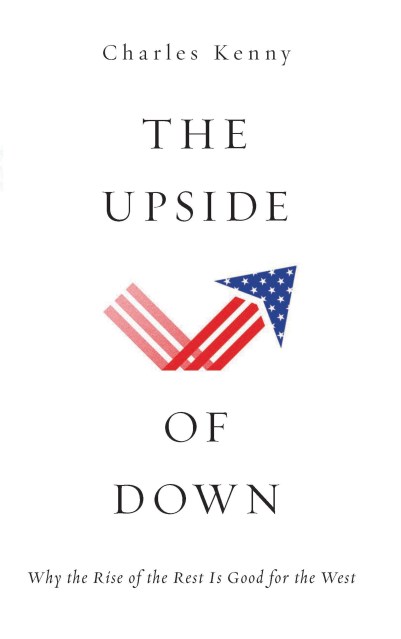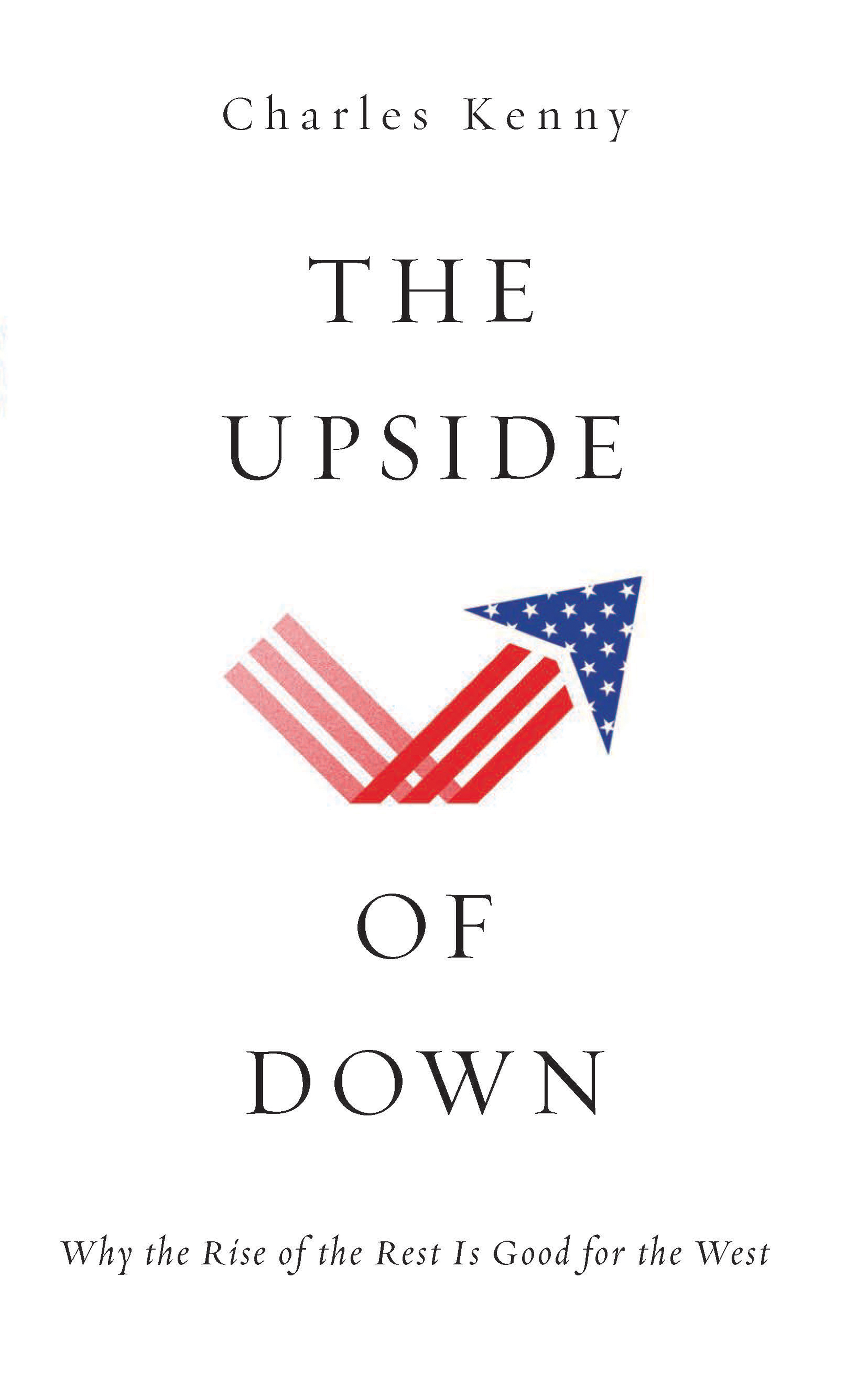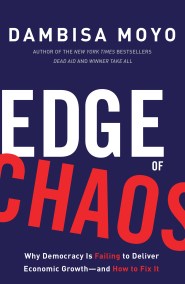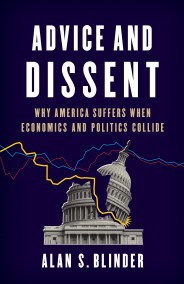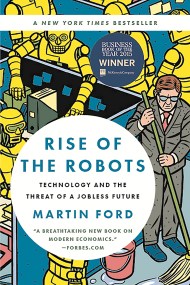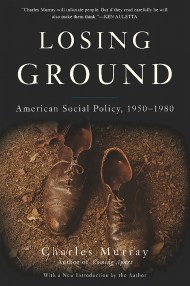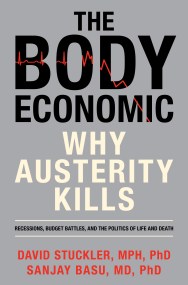By clicking “Accept,” you agree to the use of cookies and similar technologies on your device as set forth in our Cookie Policy and our Privacy Policy. Please note that certain cookies are essential for this website to function properly and do not require user consent to be deployed.
The Upside of Down
Why the Rise of the Rest is Good for the West
Contributors
Formats and Prices
- On Sale
- Jan 7, 2014
- Page Count
- 256 pages
- Publisher
- Basic Books
- ISBN-13
- 9780465069798
Price
$16.99Price
$21.99 CADFormat
Format:
ebook $16.99 $21.99 CADThis item is a preorder. Your payment method will be charged immediately, and the product is expected to ship on or around January 7, 2014. This date is subject to change due to shipping delays beyond our control.
Buy from Other Retailers:
In The Upside of Down, Charles Kenny argues that America’s so-called decline is only relative to the newfound success of other countries. And there is tremendous upside to life in a wealthier world: Americans can benefit from better choices and cheaper prices offered by schools and hospitals in rising countries, and, without leaving home, avail themselves of the new inventions and products those countries will produce. The key to thriving in this world is to move past the jeremiads about America’s deteriorating status and figure out how best to take advantage of its new role in a multipolar world. A refreshing antidote to prophecies of American decline, The Upside of Down offers a fresh and highly optimistic look at America’s future in a wealthier world.
Newsletter Signup
By clicking ‘Sign Up,’ I acknowledge that I have read and agree to Hachette Book Group’s Privacy Policy and Terms of Use
